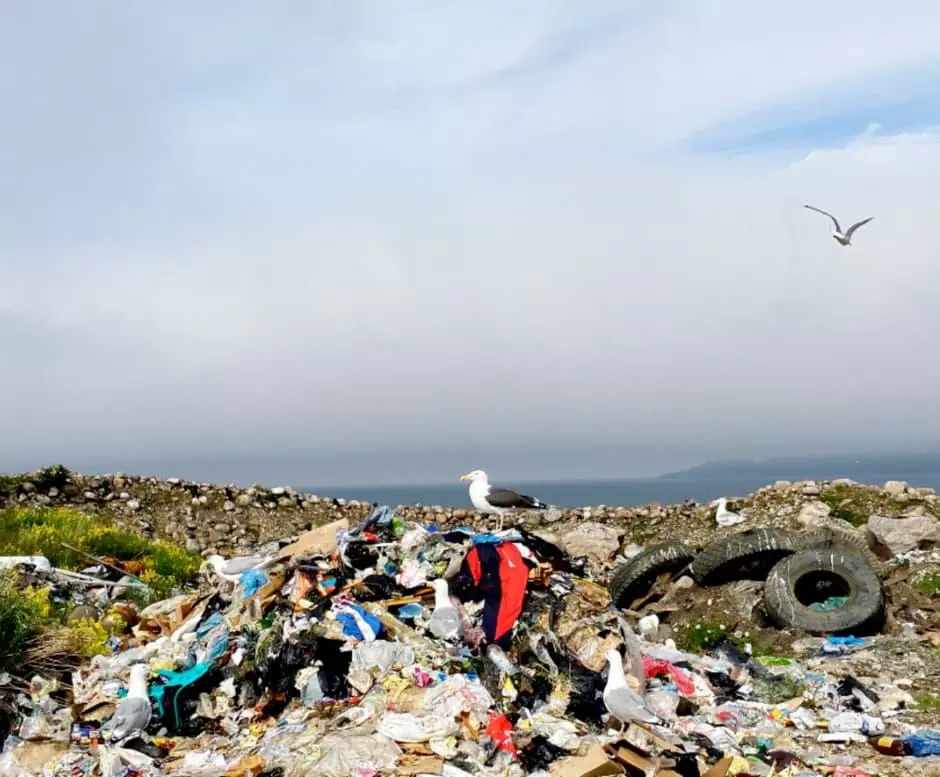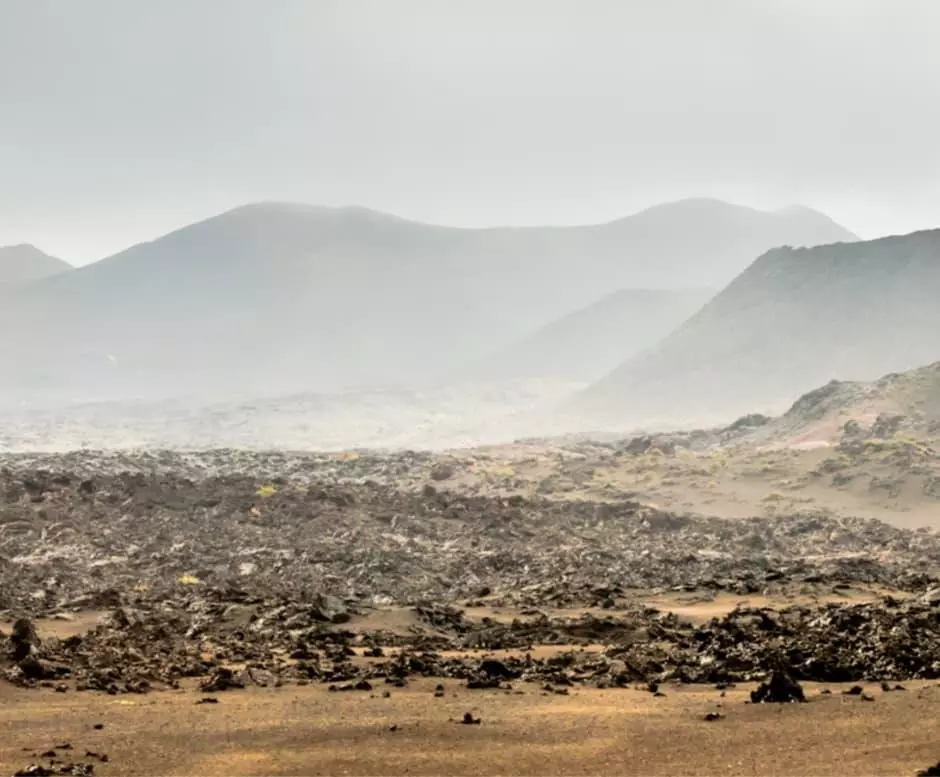What is ecological transformation?
Ecological transformation involves adapting, improving and prioritising sustainable production and consumption patterns. This means putting ecology at the forefront of our processes, solutions and, most importantly, our mindset.
At Veolia, we continuously work on developing and improving new and existing solutions to bring radical solutions to major problems, with and for its stakeholders: local authorities, manufacturers, civil society, employees, etc.
What are the four pillars of ecological transformation?
The four pillars of ecological transformation form a foundation upon which our society can build and develop. We can no longer wait and hope to change our methods gradually. The time has come for decisive and structural choices. The hour of ecological transformation has arrived.

Improve biodiversity

Reduce pollution

Battle climate change

Optimise resources
Our manifesto
Climate change, resource scarcity, biodiversity collapse, multiple forms of pollution: the ecological emergency requires us to go beyond mere 'transition'. We can no longer delay and gradually adapt our ways of doing things. The time has come for clear and structural decisions. The time has come for ecological transformation.
The barometer of ecological transformation
The barometer of ecological transformation is a large-scale international study conducted by Veolia every 18 months through the research firm Elabe. This study aims to evaluate concerns about climate change and measure citizens' predisposition towards ecological solutions.
The survey is conducted in 26 countries across 5 continents, involving over 29,500 people, including 1,000 Belgians. These countries are carefully selected based on their demographic weight, their contribution to GHG emissions, and to ensure diversity in ecological, political, and cultural backgrounds. Together, they represent nearly 60% of the world's population and 67% of global GHG emissions.
The barometer not only explores concerns about climate change but also identifies obstacles and levers to accelerate ecological transformation.
By repeating this study every 18 months, we can precisely track the evolution of opinions and behaviours in ecological transformation and understand how global attitudes towards environmental issues are changing.


